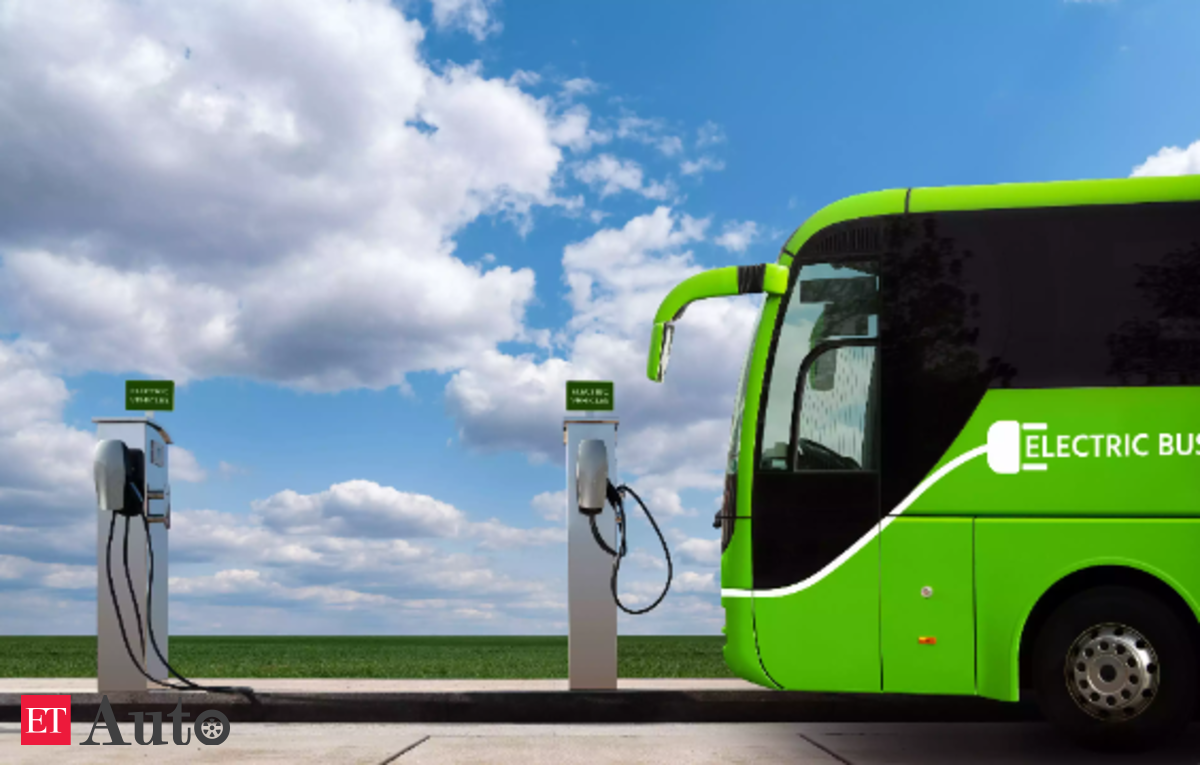The Rise of Electric Vehicles: A Sustainable Future on Two and Four Wheels
In recent years, the demand for electric two-wheelers and four-wheelers has surged dramatically, reflecting a significant shift in public sentiment towards sustainable transportation. As cities grapple with pollution, traffic congestion, and climate change, electric vehicles (EVs) are emerging as a viable solution to these pressing challenges. Imagine a city where the air is cleaner, the streets are quieter, and your daily commute contributes to a sustainable future. This vision is not a distant dream; it is becoming a reality, particularly with the advent of electric buses and personal electric vehicles.
The Promise of Electric Buses
Electric buses are at the forefront of this transformation. They offer a cleaner, quieter, and more cost-effective mode of public transport, which not only benefits the environment but also presents a compelling economic case. According to a report by NITI Aayog, electric buses could save India up to USD 60 billion in fuel costs by 2030. Furthermore, they have the potential to prevent the emission of over 1 gigatonne of CO2, making them a crucial component in India’s efforts to combat climate change.
As urban areas continue to expand, traditional commuting models are becoming increasingly inadequate. Electric buses provide a smoother and more sustainable alternative, significantly reducing greenhouse gas emissions and noise pollution. This shift not only enhances public health but also improves the overall quality of life in rapidly growing cities.
The Shift in Consumer Attitudes
The growing demand for electric vehicles is particularly pronounced among younger generations, including Millennials and Gen-Z. These consumers are increasingly conscious of their environmental impact and are willing to pay a premium for products that are ethically and sustainably produced. The ethos of this demographic aligns perfectly with electric buses, which boast a minimal carbon footprint and contribute to reduced air pollution.
This shift in consumer attitudes is not limited to public transport; it extends to personal vehicles as well. The rise of electric two-wheelers and four-wheelers reflects a broader trend towards sustainable mobility. As more individuals recognize the benefits of electric vehicles, the market is responding with innovative solutions that cater to this demand.
Global Innovations in Electric Mobility
Globally, leading economies are already transitioning from fossil fuels to electric vehicles. Countries like Sweden and Germany are pioneering innovative models, such as eRoad-Arlanda, which allows electric vehicles to charge while in motion. These advancements highlight the urgency and innovation within the electric mobility sector, showcasing the potential for electric vehicles to revolutionize transportation.
India, too, is making significant strides in this direction. The country has committed to the Paris Agreement, aiming to reduce its carbon intensity by 33-35% by 2030. Transitioning to electric buses is a crucial step towards achieving these climate goals. Moreover, investing in long-range electric buses is not just about environmental sustainability; it also presents an opportunity for economic growth. According to the International Renewable Energy Agency (IRENA), the transition to electric vehicles could create up to 10 million direct jobs worldwide by 2030.
A Path Forward for Urban Development
As we navigate the crossroads of urban development and environmental stewardship, electric buses offer a balanced approach that prioritizes sustainability. They represent not only a change in how we power our vehicles but also a shift in our collective mindset regarding urban living and environmental responsibility.
The next time you see an electric bus gliding silently down your street, remember that you are witnessing more than just a vehicle. You are seeing a glimpse of a cleaner, quieter, and more sustainable urban future. By choosing to ride, you are not merely commuting; you are taking a step towards a better world.
Conclusion
The public demand for electric two-wheelers and four-wheelers is not just a trend; it is a movement towards a sustainable future. As cities around the world embrace electric mobility, the potential for cleaner air, reduced noise pollution, and improved public health becomes increasingly tangible. Companies like GreenCell Mobility, which operates the pioneering intercity electric bus brand NueGo, are leading the charge in this transformation, making electric mass mobility a reality across India.
In conclusion, the rise of electric vehicles is a testament to our collective commitment to a sustainable future. As we continue to innovate and adapt, the promise of electric transportation will pave the way for healthier, more livable cities for generations to come.

